Kenya Barris On Discovering His Daughter Smokes Weed, Being Terrified of His Netflix Deal & Roseanne: F**k Her!
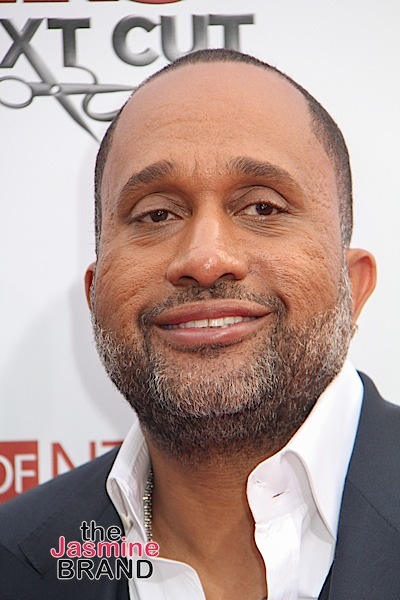
Kenya Barris
Kenya Barris On Discovering His Daughter Smokes Weed, Being Terrified of His Netflix Deal & Roseanne: F**k Her!
Kenya Barris shocked the World when viewers discovered the creator of ABC’s hit show black-ish was leaving the network. Some fans were even more stunned when it was disclosed that the network decided to shelve a racially charged episode centered around the social injustice in America titled, “Please, Baby, Please.” But eventually, all good things must come to an end. Barris bid his farewell from America’s Broadcasting Channel with three more years left into his contract, and greeted streaming giant, Netflix with open arms. The decision to say goodbye came about after the writer concluded the network had no use for him any longer. With black-ish becoming a huge success, Barris pitched two more pilots but they were not picked up.
Although, he is cognizant when one of his shows “isn’t good,” he affirmed this wasn’t the case. As with new levels, come new devils, Barris is preparing to embark on a new journey that has him apprehensive and frightened. As previously reported, the creative is expected to be receiving a nine-figure-check to create new programming for the streaming platform. Despite the fact that he will be joining the likes of American Horror Story and Pose creator, Ryan Murphy, and ABC Veteran, Shonda Rhimes, he reveals that he is
“f***ing terrified.”
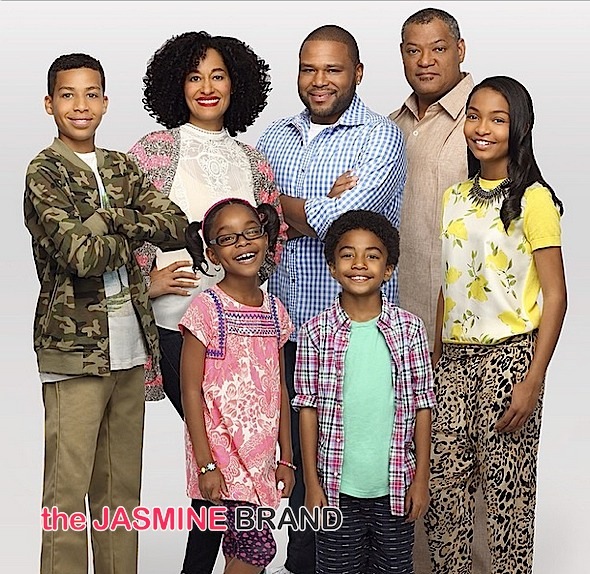
With a spin-off series still airing on ABC’s Freeform channel titled grown-ish, Barris has confirmed there are no hard feelings between him and his previous home, and he has stated he plans on being in business with the network for years to come. In this revealing interview, not only did Barris get candid about how he spoke with the CEO about the airing of the episode; he also shares that before the Netflix deal, Warner Bros. was a secondary option, and also how he discovered his daughter smoked weed. He briefly ranted about the incident as he tried to equate telling realistic stories through the limitations of network television. As the details of which Coachella Barris and his daughter attended are not certain, he says he took his college aged daughter to the festival and that’s when he discovered she was dabbling with a little THC. He explains how the experience made their relationship stronger and has been an added variable as to why he decided to leave network television.
As he prepares new shows for the streaming giant, he is also trying to balance being a family man. He shares how he does it in the excerpts below.
Why he wanted to do the episode:
This was about me trying to pat the butt of the country and soothe people. There’s this P.C. culture that’s been created where people feel like not talking about things makes it better, but I think it makes it worse and that’s why I wanted to talk about the last year.
What the studio said when they took it to them:
We approached it with the network and the studio as, ‘This is different.’
If the shelved black-ish episode ever gets out
Honestly, I hope it doesn’t because I’ll be looked at as the blame for it and I’ll f***ing get sued.
His feelings after talking to ABC CEO, Bob Iger:
The boss doesn’t have to explain himself, but he explained enough — and he [did so] in a way that really gave light in a different way. And more than that, he spoke to me as a person.
His feelings after Ben Sherwood (President of Disney-ABC Television Group) when the episode was shelved:
The way that [Ben] chose to deal with me in this particular episode, I felt a way about it and I still do. He’d make it seem like it was an open environment but really it wasn’t, and those are things I see very clearly. Everyone wants to say it’s open arms, but just tell me it’s not and I’ll respect you more.
His views about his two other pilots not getting picked up:
I’m aware when my things aren’t good. But I’d [gladly] have a forum and show these pilots to the world. If I’m crazy, judge me. I’ve done things where I’m like, ‘Ugh, that wasn’t right,’ these were not that. And it just becomes so frustrating.”
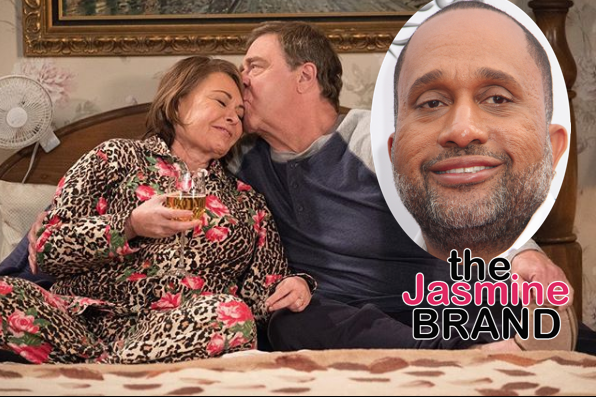
Because, f*ck Roseanne. She’s a f*ckin’ monster. And they were like, ‘Why is this monster killing villagers?’ And I was like, ‘Because that’s what a monster does.’
His thoughts on his deal with Netflix:
I don’t know if it’s scary for Ryan or Shonda, but I’m f*ckin’ terrified. One of my fears at Netflix is that there are so many shows, so it’s my job to make sure in that huge bundle we somehow find a way to be noisy.
Why he decided to join Netflix
If I was going to step out, I wanted to do something where I could take off all the straps and really hang out of the plane,” he says on a late-summer morning in Malibu. “I want to be Netflix with attitude — loud, bold and unapologetic.
Choosing between Netflix and Warner Brothers:
It was the hardest decision for financial reasons because it was an amazing, generous offer, but if I was leaving ABC to go to Warner Bros. I feared I might be dancing to the same [song].
What he’s learned by being in network television:
On network TV, one of the things I’ve learned is that you have to talk about things from both sides
How Shonda Rhimes influenced his decision to leave ABC:
I’m doing what I’m doing because of her. She’s a black writer but she wrote shows and that opened up the door for the types of things I wanted to do. And for someone who was that successful at network TV for that long to make that move [to Netflix] made me understand the atrophy that can happen.
Why he turned down opportunities with shows that centered around stories told from a black perspective:
Yes, but at the same time I understand that I’m in this business to be in this business. And I knew that the only way that I could really make those voices relevant was I had to cross over.
His thoughts on the word diversity:
Diversity became this catchphrase for the easing of liberal guilt and I felt like there was starting to be an overcorrection, which often happens, and overcorrections tend to re-correct themselves,” he says. “Plus, I didn’t want to be a part of a moment; I wanted to be a part of a movement.
How he found out his daughter smoked weed [at Coachella]:
I’m like, ‘Kaleigh, are you smoking f*cking weed?’ And she goes, ‘Oh sh*t.’ I’m like, ‘What’s wrong with you?’ It ended up being this breakthrough for us because after it, she talked to me about other things and it caused such a tighter bond between us. But in that moment, I wanted to be a parent and I wanted to react but, like, I’m high, too. And that’s a thing I’d love to show but just by the nature of network television I could never do it.


 Previous Article
Previous Article Next Article
Next Article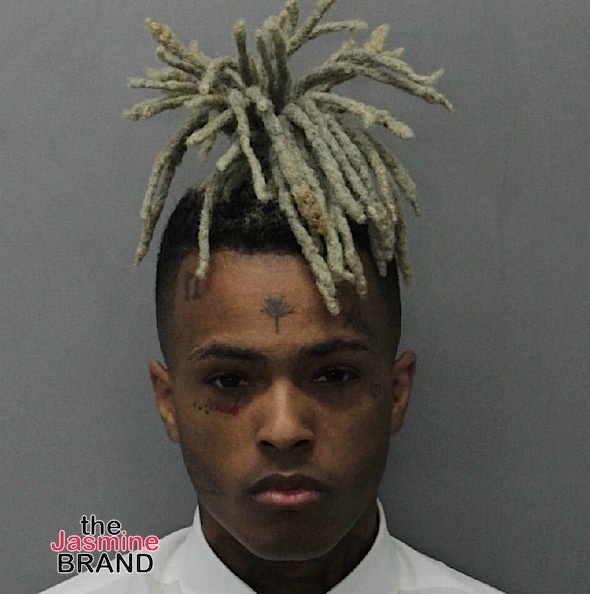 XXXtentacion Confessed to Domestic Violence Against Pregnant Ex Girlfriend In Secret Recordings
XXXtentacion Confessed to Domestic Violence Against Pregnant Ex Girlfriend In Secret Recordings ![Claudia Jordan Denies Flirting With Kordell Stewart: He’s a friend! [VIDEO]](https://thejasminebrand.com/wp-content/uploads/2015/01/claudia-jordan-denies-flirting-kordell-stewart-the-jasmine-brand.jpg) Claudia Jordan Denies Flirting With Kordell Stewart: He’s a friend! [VIDEO]
Claudia Jordan Denies Flirting With Kordell Stewart: He’s a friend! [VIDEO] 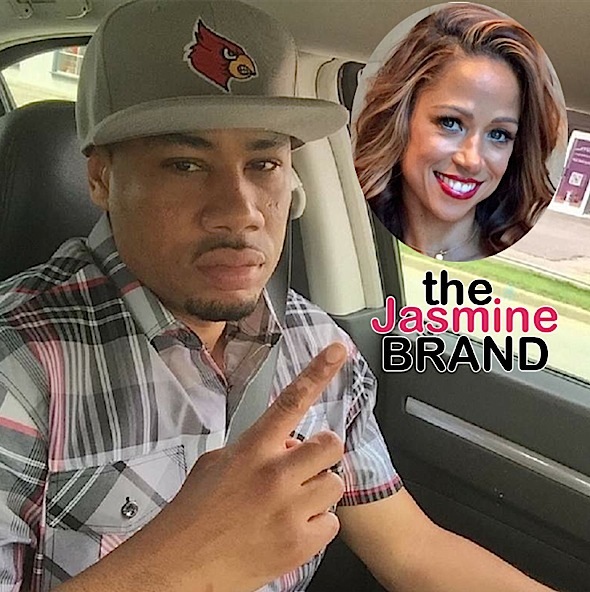 Stacey Dash’s Ex Boyfriend Accuses Her of Having Abortion: Thank you for killing my baby!
Stacey Dash’s Ex Boyfriend Accuses Her of Having Abortion: Thank you for killing my baby! 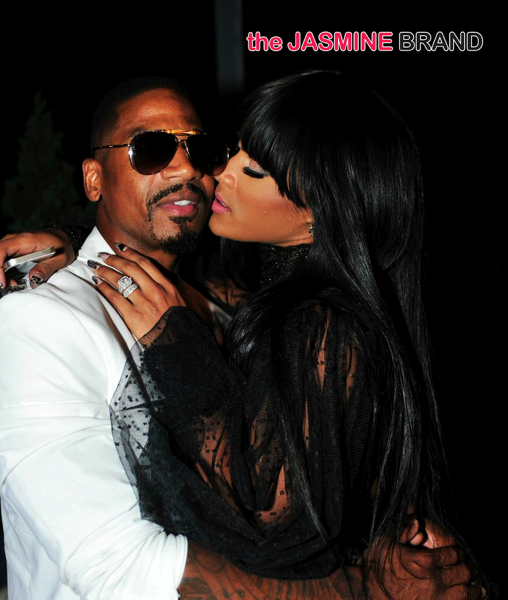 Spotted. Stalked. Scene. Reality Stars Stevie J & Joseline Hernandez Party in Atlanta
Spotted. Stalked. Scene. Reality Stars Stevie J & Joseline Hernandez Party in Atlanta ![Kimora Lee Simmons, Vin Diesel & Steph Curry Show Off Their Adorable Offspring! [Photos]](https://thejasminebrand.com/wp-content/uploads/2015/08/Kimora-Lee-Simmons-Son-Wolfe-Lee-the-jasmine-brand.jpg) Kimora Lee Simmons, Vin Diesel & Steph Curry Show Off Their Adorable Offspring! [Photos]
Kimora Lee Simmons, Vin Diesel & Steph Curry Show Off Their Adorable Offspring! [Photos] 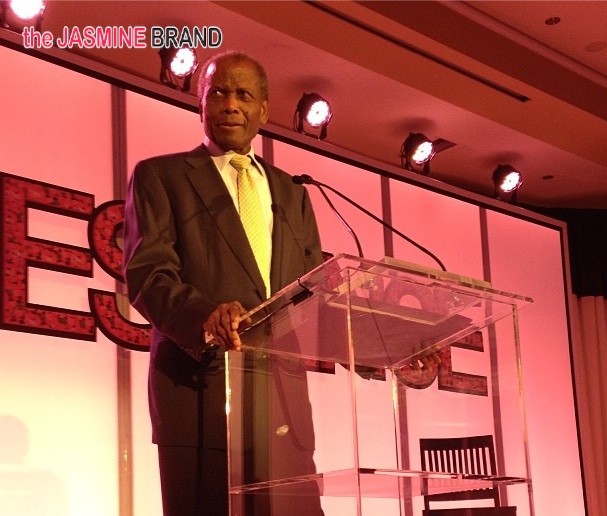 Inside Essence’s ‘Black Women In Hollywood’: Oprah, Kerry Washington, Lupita Nyong’o & More
Inside Essence’s ‘Black Women In Hollywood’: Oprah, Kerry Washington, Lupita Nyong’o & More 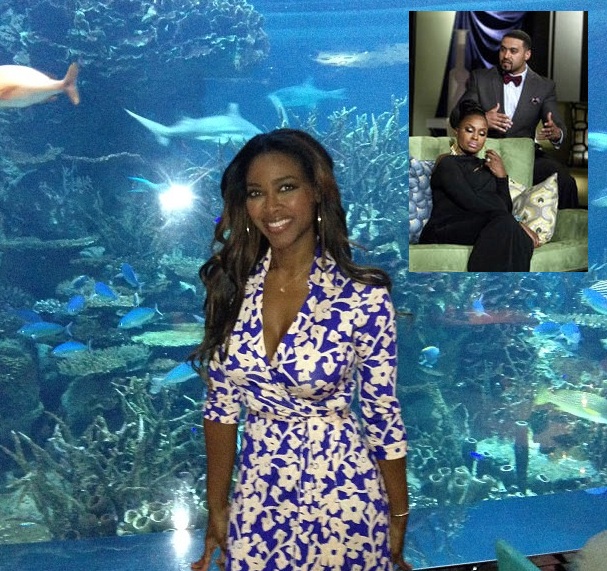 RHOA’s Kenya Moore Denies Sexting Apollo + Says Husbands Are Thirsty For More Camera Time
RHOA’s Kenya Moore Denies Sexting Apollo + Says Husbands Are Thirsty For More Camera Time ![Nicki Minaj Offered TS Madison & Khia’s “Queens Court” A TV Deal [VIDEO]](https://thejasminebrand.com/wp-content/uploads/2018/02/nicki-minaj-tv-deal-queens-court-khia-ts-madison-the-jasmine-brand.jpg) Nicki Minaj Offered TS Madison & Khia’s “Queens Court” A TV Deal [VIDEO]
Nicki Minaj Offered TS Madison & Khia’s “Queens Court” A TV Deal [VIDEO]